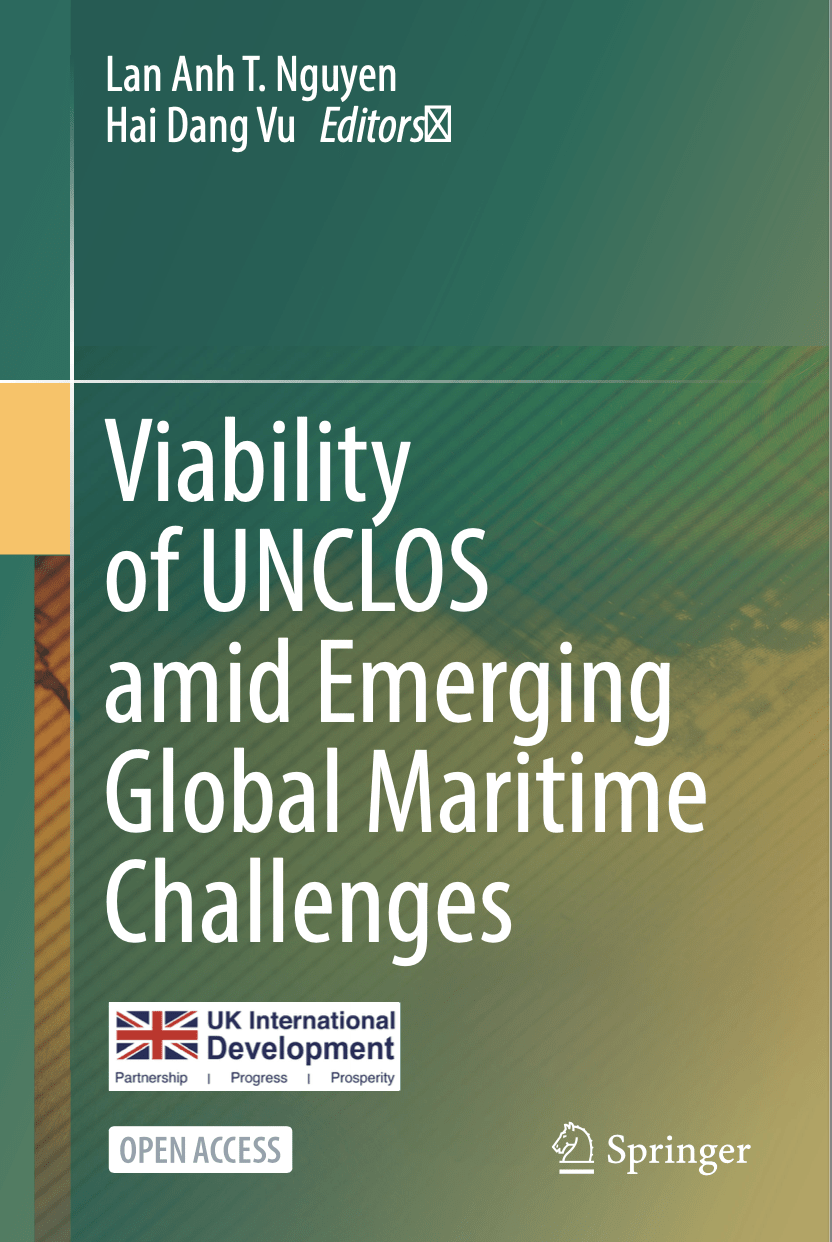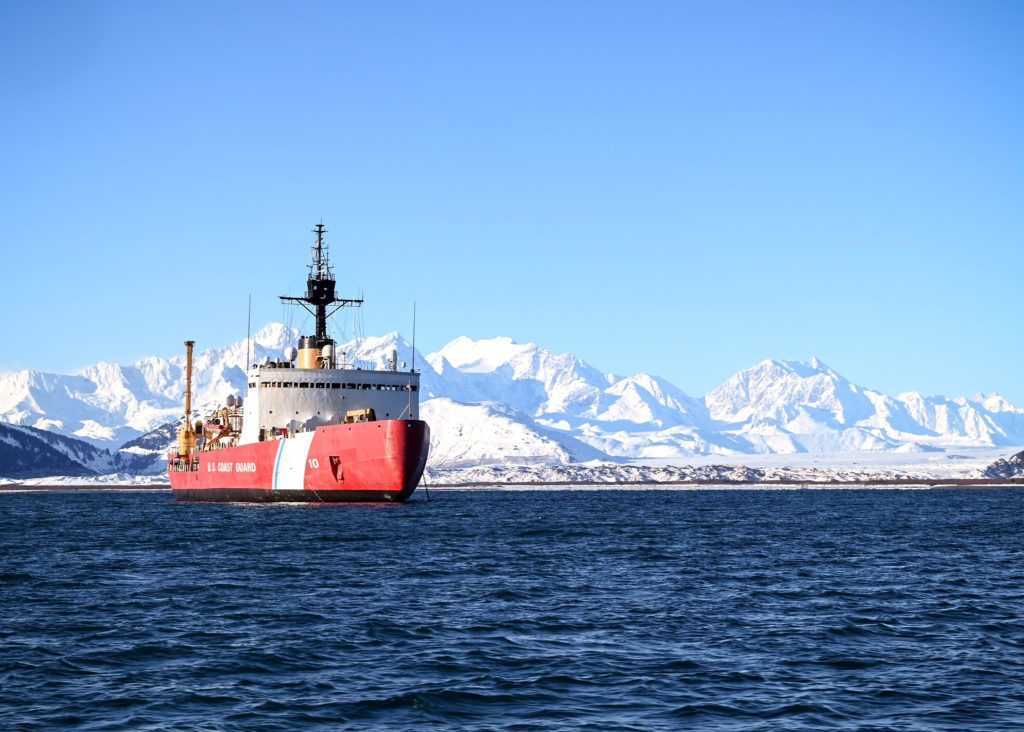This doctrine comes at a time when Russia is facing tremendous difficulties in maintaining its role in Arctic affairs due to the Ukraine conflict. The reduction of economic activity in Russia’s Arctic and suspension of funding for many scientific projects involving Russia have sparked concern over what measures Moscow will take to address the issue.
The marine doctrine places significant emphasis on the Arctic, mentioning it 66 times across 22 pages. It also outlines a plethora of measures for enhancing the Russian navy’s warfare capabilities in both the Arctic and the world’s oceans, as well as plans for naval development, including the building of aircraft carriers and a higher level of engagement of civilian ships in military activities.
Although it is not a new phenomenon for civilian ships to be given a role in national security preparedness or military conflicts, and indeed Russia has a lot of experience in using non-military ships for military purposes, this new doctrine clearly prepares the ground for a more systematic approach.
Meanwhile, the joint statement by Arctic Council states in March announcing the suspension of all council meetings indicates grave impediments to international cooperation in the Arctic. Though the Arctic Council does not directly fund research, it helps set the scientific agenda for collaboration among member countries.
The European Commission also halted all funds for scientific collaborations involving Russia, and was followed by other funding agencies and institutions who adopted similar policies. The Ukraine conflict, while severing partnerships between researchers inside and outside Russia across many fields, has had a particularly profound impact on climate science in the Arctic.
There is a decades-long tradition of scientific collaboration between nations in this region and Russian scientists play a key role in tracking changes such as permafrost degradation and methane emissions from warming landscapes. Thus, the war in Ukraine has presented a unique dilemma for climate researchers and scientists.
With so many uncertainties emanating from Russia, the long-standing post-Cold War perception that the Arctic would benefit from a disconnect from security concerns has lost its essence. Instead, the geopolitical importance of the Arctic region is coming back into focus with Russia’s full military escalation of Ukraine and the worrisome loss of the status quo in Arctic cooperation.
This commentary was originally released on South China Morning Post on October 7, 2022.





Diverging Currents: U.S.–China Strategies on Deep Seabed Mining and the Future of Ocean Governance